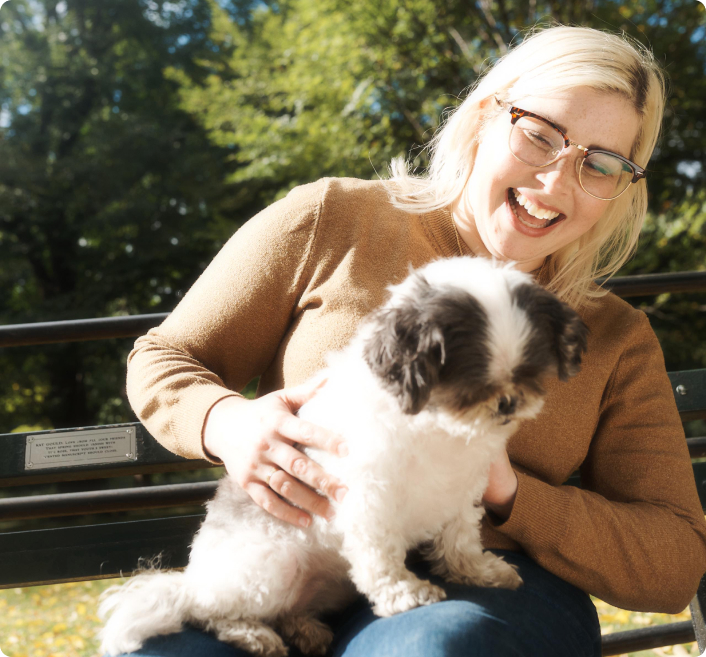
You are more
than your cancer
- Dedicated counselors with expertise in cancer
- In-network with select insurance plans
- Virtual, 1-on-1 sessions
Get ongoing, 1-on-1 virtual support from an expert who understands what you’re going through
Learn more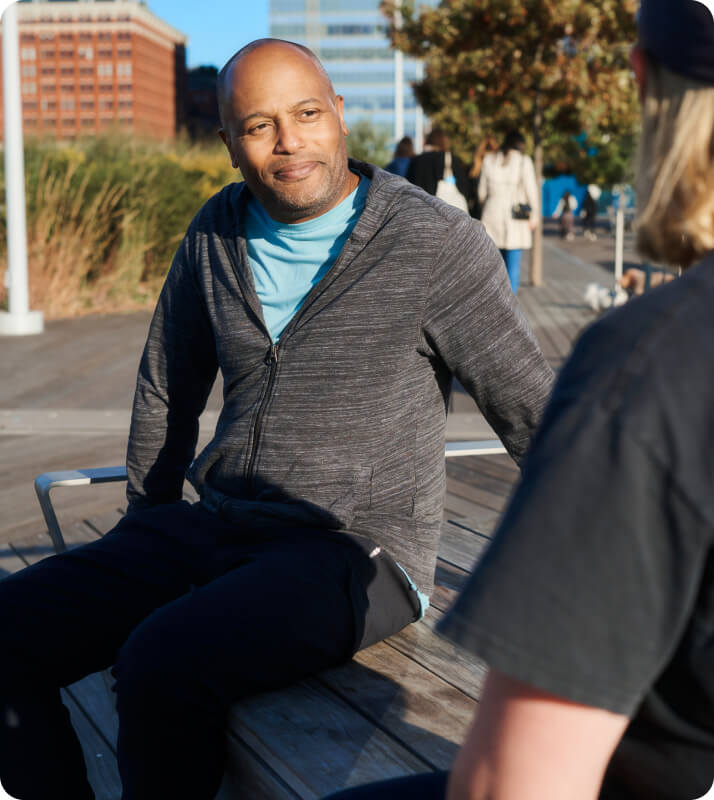
Get the most out of your clinical care
Get organized, prepare questions ahead of clinical appointments, evaluate treatment options, and more with support from your Jasper counselor.
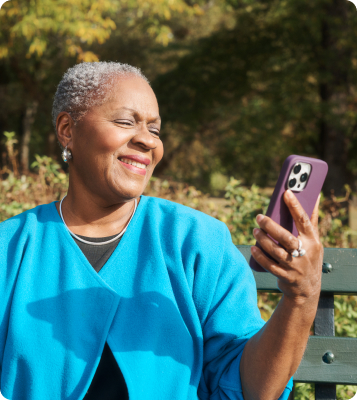
Take action with resources tailored to you
Based on your specific situation, your Jasper counselor will find, vet, and connect you to community organizations and relevant educational resources.
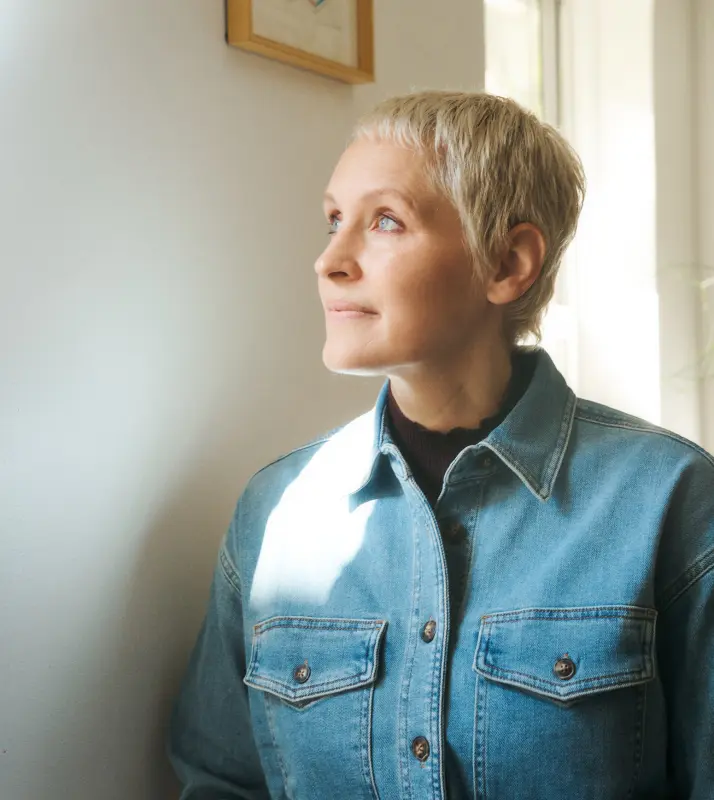
Cope with stress and uncertainty
Jasper’s expert cancer counselors can help you manage stress at every stage of cancer treatment and process your experiences.
Get support tailored to your needs at every step along the way
Select the tab that best describes you:
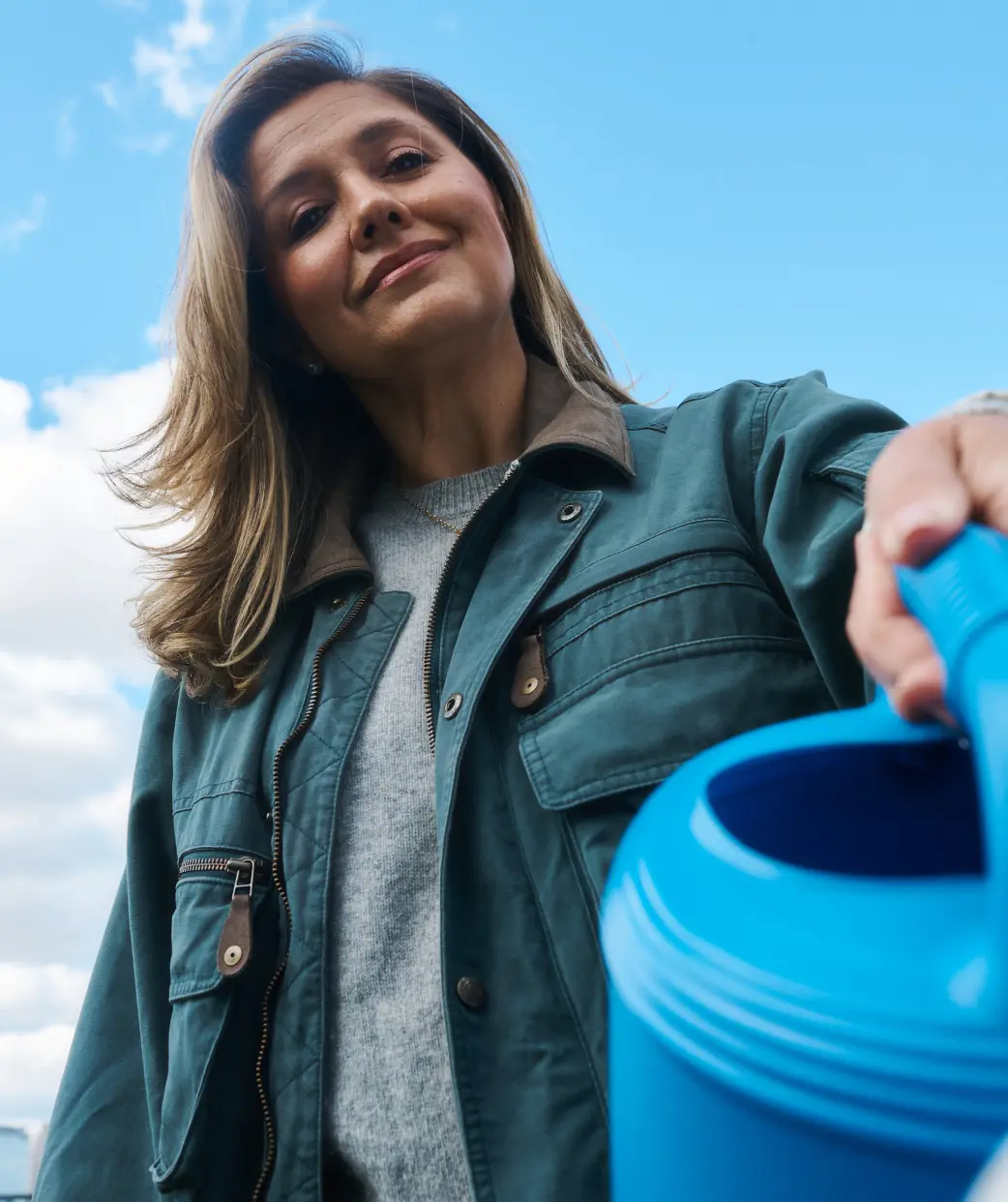
“By the time I was diagnosed, I felt a huge sense of relief. I no longer felt like I was going crazy.”
How your Jasper counselor helps when you have been recently diagnosed
- Finding trusted resources about your diagnosis
- Preparing questions for your clinical team
- Understanding your treatment options
- Helping you develop skills to manage stress and anxiety
- Navigating conversations with friends, family, and colleagues
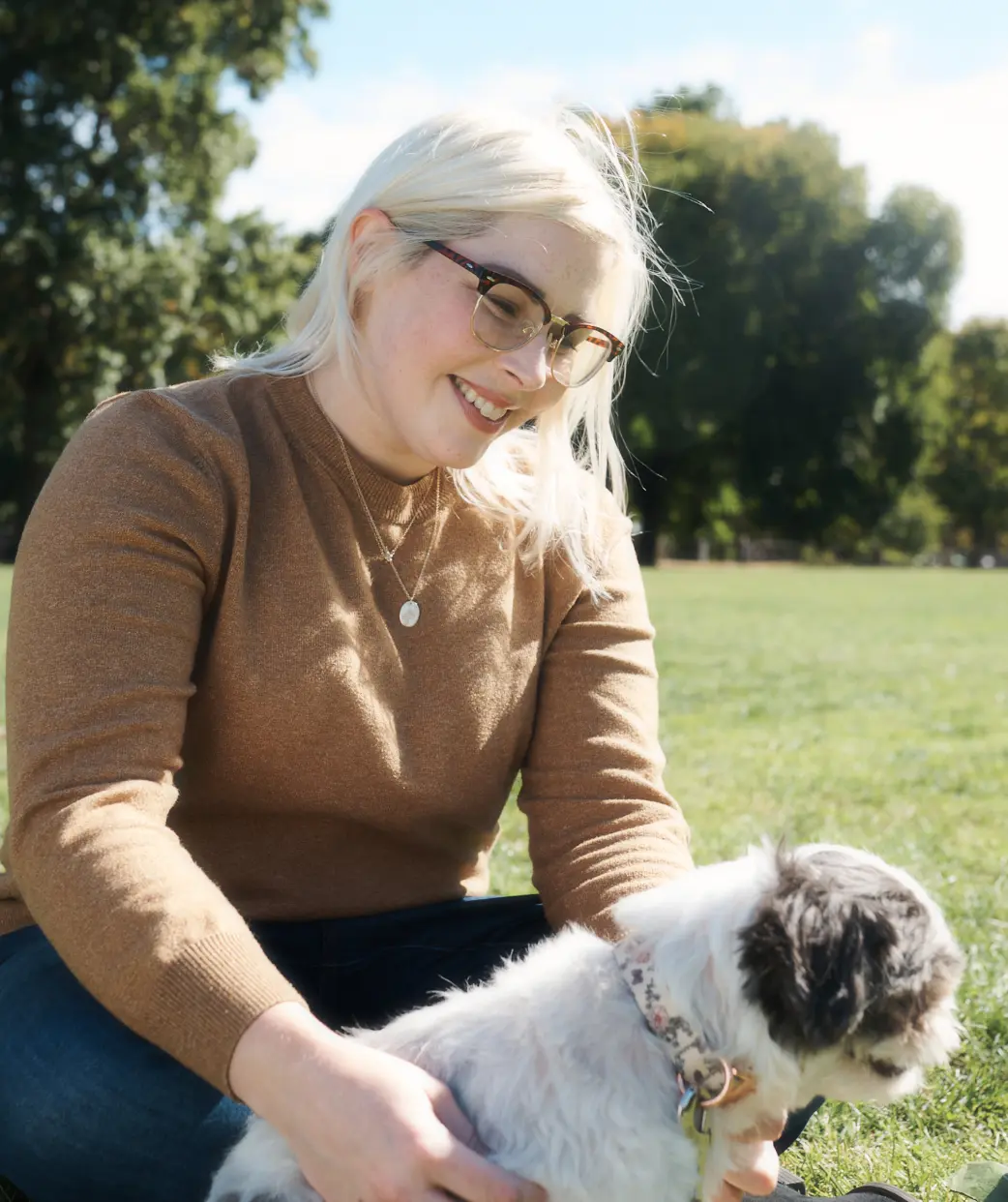
“I’ve found the new normal beneath the appointments, the scans, and the medications.”
How Jasper can help when you’re in treatment
- Finding ways to eat well through treatment
- Developing coping skills to manage stress
- Monitoring and managing side effects from treatment
- Strengthening your support system
- Incorporating physical activity back into your routine
- Preparing questions for your clinical team ahead of appointments
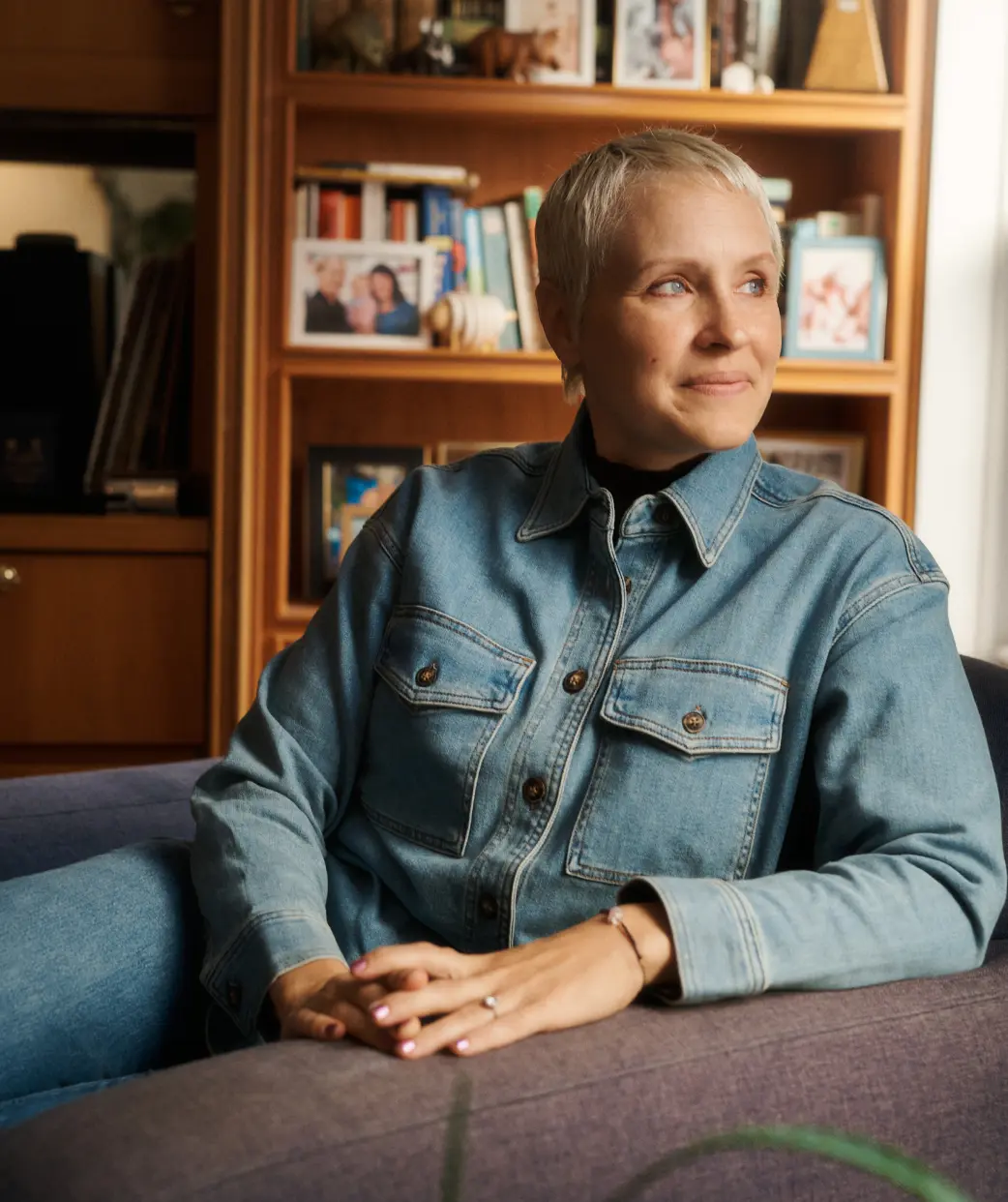
“Cancer has granted me real clarity on my priorities. It has singled out everything that is not serving me.”
How Jasper can help when you’re post treatment
- Processing your experience with cancer
- Monitoring and managing pain and discomfort
- Coping with the fear of the unknown
- Accessing vetted community or nonprofit resources
- Connecting with support groups
- Adjusting to physical changes

“I am hopeful for the future and relentless about motivating others to invest in their overall health."
How Jasper can help when you’re in survivorship
- Creating a roadmap for long-term health and well-being
- Incorporating physical activity back into your routine
- Managing anxiety about upcoming scans
- Navigating difficult conversations with friends and family
- Adjusting to life after treatment
- Accessing support groups for cancer survivors
Start working with a dedicated counselor in a few simple steps
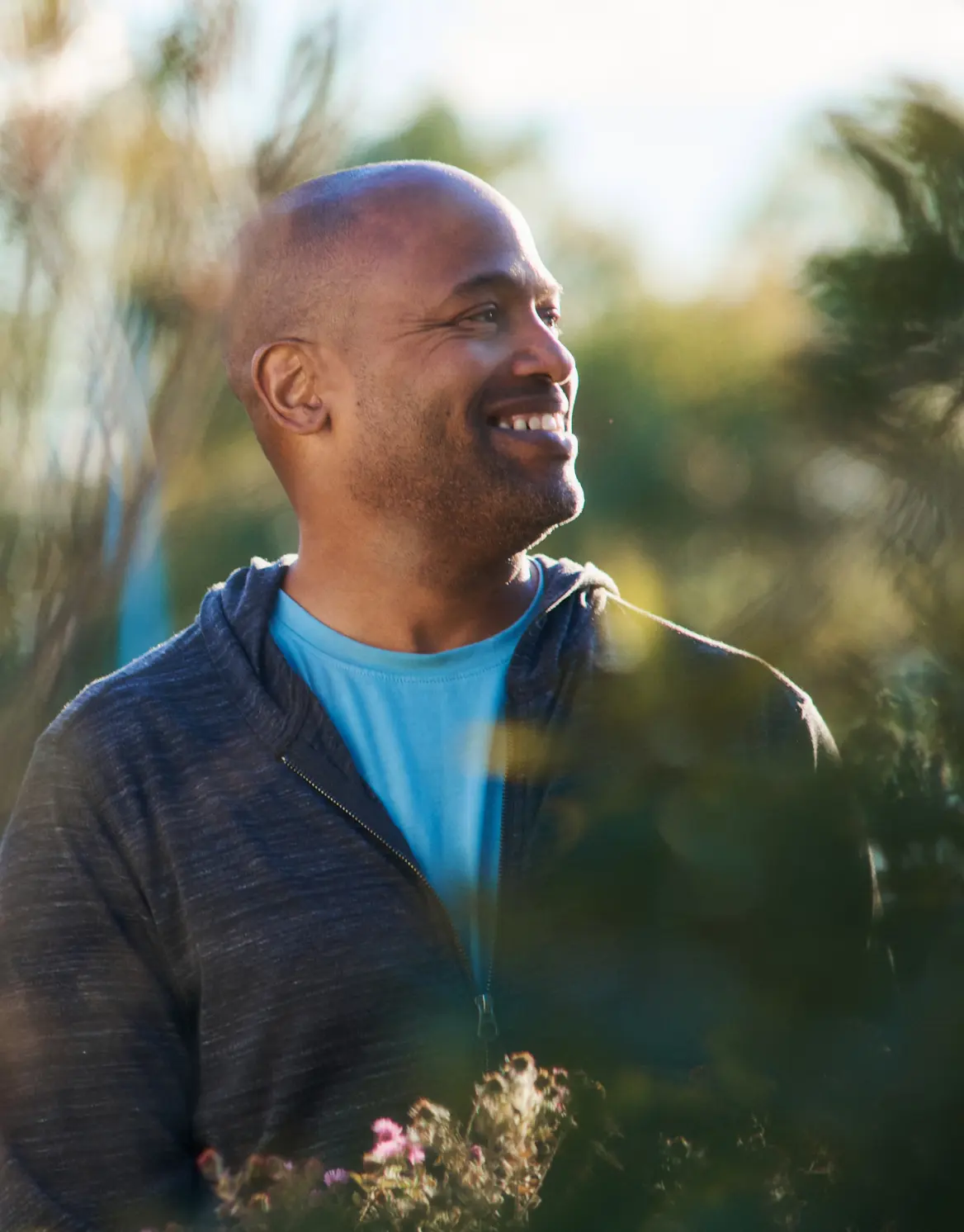
“I am hopeful for the future and relentless about motivating others to invest in their overall health.”
Tell us about your experience with cancer
We use this to determine the right starting point for you. All sessions are tailored to your unique experience.
Schedule a free consultation
A member of our care team will answer your questions and you can decide whether Jasper's 1-on-1 support is right for you.
Meet for 1-on-1 care
Meet with your dedicated counselor by phone or video as often as you need. All sessions are tailored to your needs at a given moment in time.
Get startedThe missing piece in your support system
Adding Jasper to your support network saves you time and eases the weight placed on your friends and family.
Move forward confidently with support from Jasper
- Compassionate care to help you feel more like yourself
- Guidance to help you navigate uncertainty
- A dedicated counselor with expertise in cancer care
- Little to no cost, 1-on-1 virtual support at your fingertips

Frequently Asked Questions
What type of care does Jasper offer?
Jasper offers supportive care, which focuses on everything that happens outside of your clinical appointments. Jasper’s care counselors help you with pain management, nutritional guidance, social support, preparing for appointments, understanding treatment options, and more at every stage of cancer treatment, from newly diagnosed to survivorship.
How is Jasper different from my clinical care?
Jasper does not replace advice or treatment from your clinical team. Jasper’s counselors support you through the emotional, mental, and physical challenges of cancer, but do not make clinical recommendations.
While your clinical team focuses on your diagnosis and treatment, Jasper helps you access quality care, vetted resources, and feel more in control.
Are all your services virtual?
Yes. Jasper sessions take place virtually via video call or phone call. You can also text with your dedicated counselor in between sessions or message them via our app.
What cancer expertise do Jasper counselors have?
All Jasper counselors have completed the American Cancer Society Leadership in Oncology Navigation (ACS LION™) program. ACS LION is a training and credentialing program that standardizes non-clinical patient navigation services for people with cancer and their loved ones. The program was designed to support CMS Principal Illness Navigation (PIN) reimbursement and aligns with professional oncology navigation (PONT) standards.
The ACS LION curriculum covers care navigation and cancer basics, coordinating health system services and community-based services, promoting patient self-advocacy, and more. The ACS LION credential enables consistent, reliable, and standardized support, and allows Jasper’s counselors to support patients more effectively.
What will I work on with my Jasper counselor?
It’s up to you! Together, you’ll create a care plan tailored to your needs at any given moment. While we use your treatment stage as a jumping off point, you can ask your counselor for support with anything that feels important, like financial resource assistance, managing side effects, coordinated rides to and from appointments, having hard conversations with friends and family, and more. Learn more about how we help here.
How much does Jasper cost?
Jasper is designed to be little to no cost. Pricing varies according to insurance coverage or can be accessed at $30/session if you choose to pay out-of-pocket. The cost of your care may also be covered by grant funding from one of Jasper’s 90+ community and industry partners.
To better understand your eligibility and payment responsibility, contact our Care Team at (929) 552-3904.
Who is eligible for Jasper's services?
Jasper is available to all with our per session rate of $30. For some, Jasper may be covered by insurance. During your onboarding, we will confirm your eligibility and talk to you about payment details during your free consultation call.
We founded Jasper to provide the 1-on-1 care that people living with cancer need and deserve.
Learn more about Jasper


